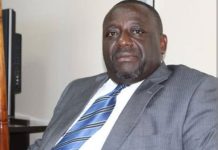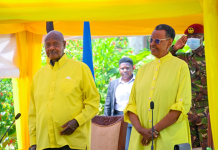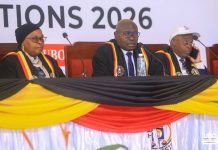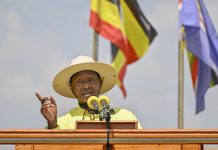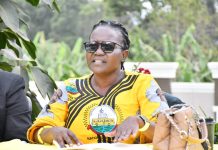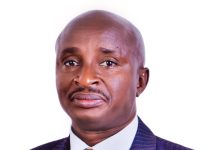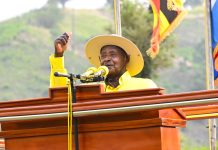By David Mwanje
Chief Justice Alfonse Owiny-Dollo is steering Uganda’s Judiciary toward a brighter future with bold reforms to resolve the ongoing crisis at Masaka High Court. Following intensive discussions with the Uganda Law Society (ULS) on June 20, 2025, Owiny-Dollo has unveiled a comprehensive plan to tackle crippling case backlogs, delayed bail hearings, and infrastructure deficits, reinforcing the government’s unwavering commitment to delivering accessible and efficient justice for all Ugandans.
The crisis in Masaka, sparked by a sit-down strike from the local legal community, highlighted the strain of over 1,200 pending cases and prolonged bail delays, which had eroded public trust. Owiny-Dollo responded with decisive action, rolling out measures to restore confidence and streamline operations. This year, Masaka High Court has already cleared 40 criminal cases through two dedicated sessions, with a third underway. A Plea Bargain Camp, launching June 30, 2025, aims to resolve over 100 inmate cases, alleviating prison congestion. Four additional criminal sessions are planned for early 2025, with external judges assigned to handle these, freeing resident judges to address civil matters.
Further strengthening Greater Masaka’s judicial capacity, the government will open the Rakai High Court in 2026, reducing pressure on Masaka’s overburdened courts. Acting Principal Judge Lady Justice Jane Okuo Kajuga is auditing stalled bail applications to ensure swift processing, directly addressing ULS concerns. ULS Vice President Anthony Asiimwe praised the reforms, stating, “The Chief Justice’s actions are a commendable step toward justice delivery, though we urge sustained efforts to clear bail delays.” Both parties committed to ongoing collaboration through the Justice, Law and Order Sector (JLOS), a government-led platform fostering systemic improvements.
Owiny-Dollo’s leadership reflects a deep commitment to a responsive Judiciary. Since his appointment in 2020, he has championed innovations like digital case management systems and alternative dispute resolution, transforming how justice is delivered. The Ministry of Justice and Constitutional Affairs has bolstered these efforts, with Minister Norbert Mao declaring in the 2025/2026 budget speech, “A strong Judiciary is the backbone of a thriving nation. We are investing heavily to ensure justice is swift, fair, and accessible.” This includes funds for recruiting more judicial officers and upgrading court facilities across Uganda.
The government’s broader vision includes addressing longstanding challenges like staffing shortages and inadequate infrastructure. Recent initiatives have seen the recruitment of dozens of judicial officers and the introduction of video conferencing in courts to enhance efficiency. Plans are underway to extend these technologies to Masaka, ensuring seamless case handling. These efforts align with the government’s goal of a people-centered justice system that prioritizes the needs of ordinary Ugandans, particularly in underserved regions like Greater Masaka.
Owiny-Dollo’s reforms are a beacon of hope for Masaka’s justice seekers. By tackling backlogs, expediting bail processes, and expanding judicial infrastructure, the government is reinforcing the rule of law and rebuilding public trust. As Uganda moves toward a more equitable future, the Chief Justice’s proactive leadership ensures that the Judiciary remains a pillar of stability and fairness, delivering justice that uplifts communities and strengthens the nation.





